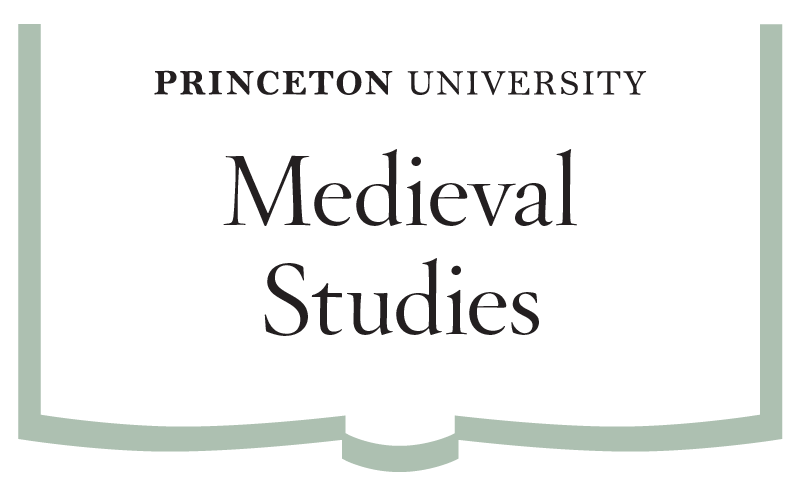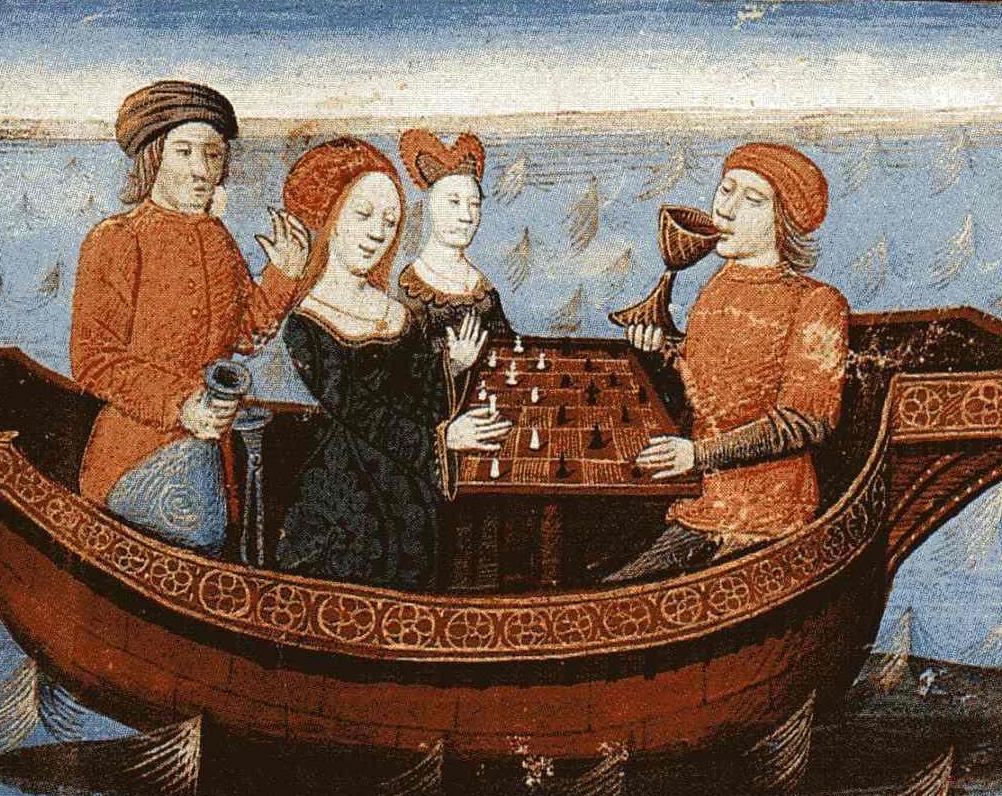The Program in Medieval Studies is pleased to announce its Fall 2020 courses which are open to students from all majors.
For full course information visit: https://medievalstudies.princeton.edu/courses/
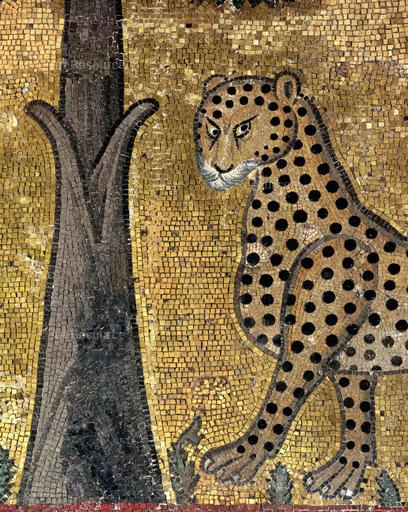
MED 227 / HUM 227 / HIS 227 (LA)
THE WORLDS OF THE MIDDLE AGES
Helmut Reimitz (History)
Jack Tannous (History)
We will begin in 476 with the fall of Rome and will end in 1453, with the fall of New Rome (Constantinople). In between, we will trace the different trajectories that the area stretching from Iceland to Iran traveled along over the course of this fateful millennium.
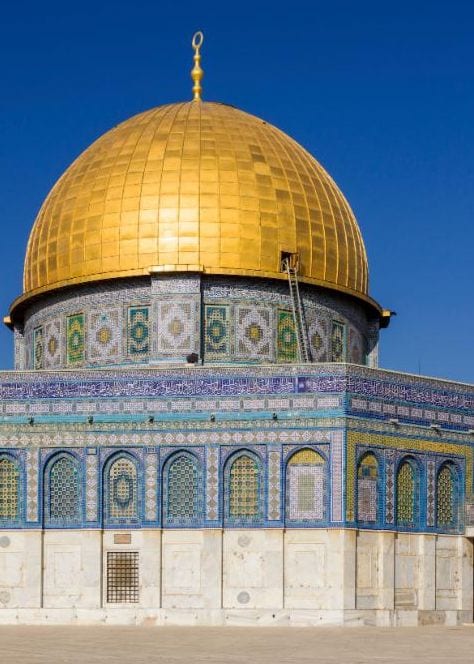
REL 244 /NES 244 / MED 246 (HA)
JUDAISM, CHRISTIANITY, AND ISLAM: THEIR EMERGENCE IN ANTIQUITY
Moulie Vidas (Religion)
This course introduces students to a critical examination of the major transformations of religion in antiquity, including the rise of the traditions we now call Judaism, Christianity, and Islam.

COM310 / HUM 312 / MED 308 (LA)
THE LITERATURE OF MEDIEVAL EUROPE
Daniel Heller-Roazen (Comparative Literature)
A seminar on medieval arts of love and the new forms of poetry and prose that are their expression. Our main focus will be literary works that present themselves as amorous inventions.
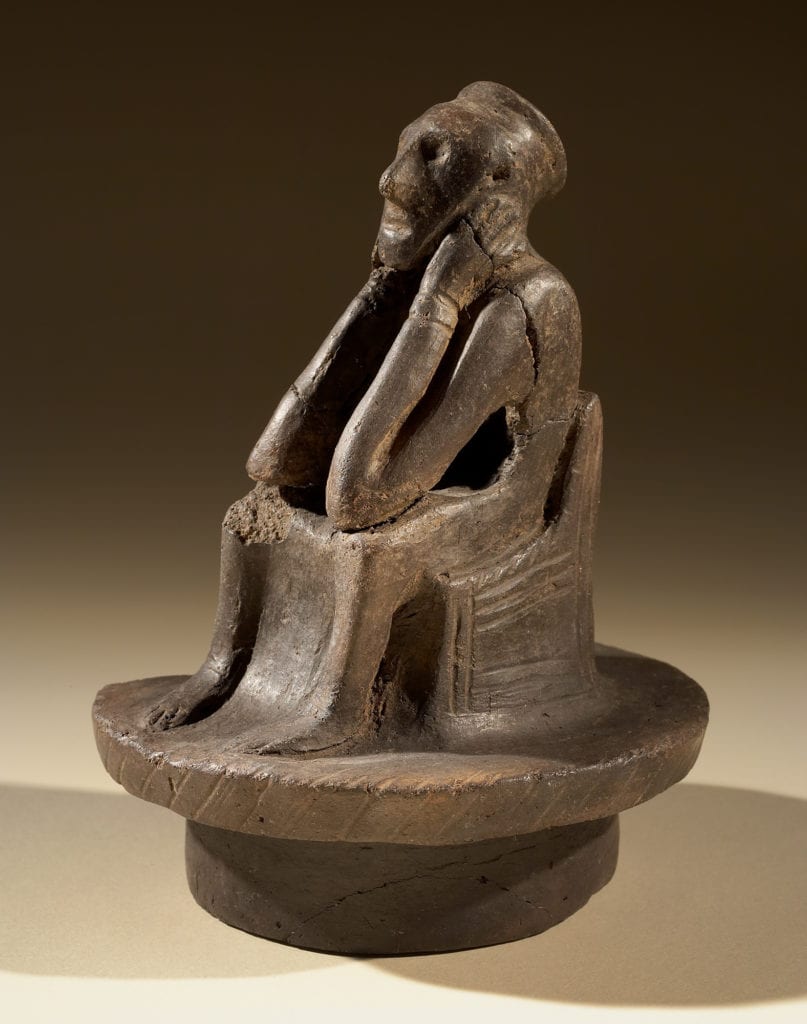
ENG 310 /MED 310 (LA)
THE OLD ENGLISH PERIOD
Sarah Anderson (English)
What can be imagined and written in the English language as it existed in the British Isles from about 450-1100 CE? In this intensive introduction to the Old English language, we will learn its basic grammar and lexicon.
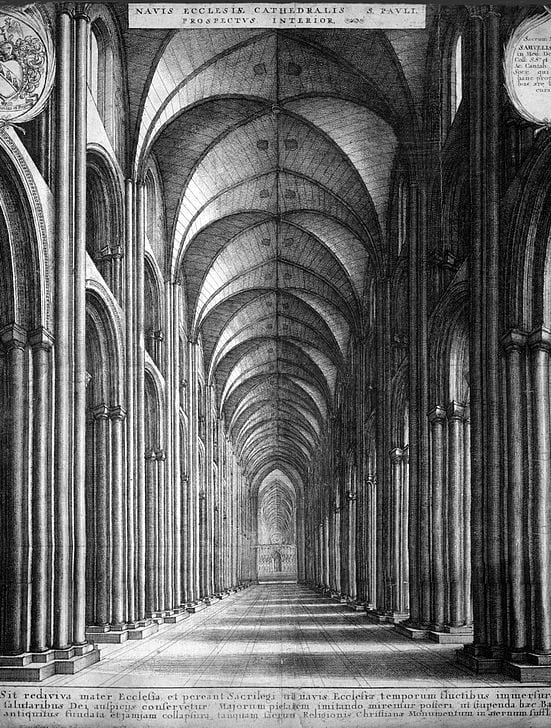
ENG 312 /MED 312 (LA)
CHAUCER
Andrew Cole (English)
You study Geoffrey Chaucer not because he’s “olde” or “hilaaarious,” nor because he taught Spenser and Shakespeare a thing or two about poetry. You study Chaucer because almost every challenge we face today was expressed in his works.
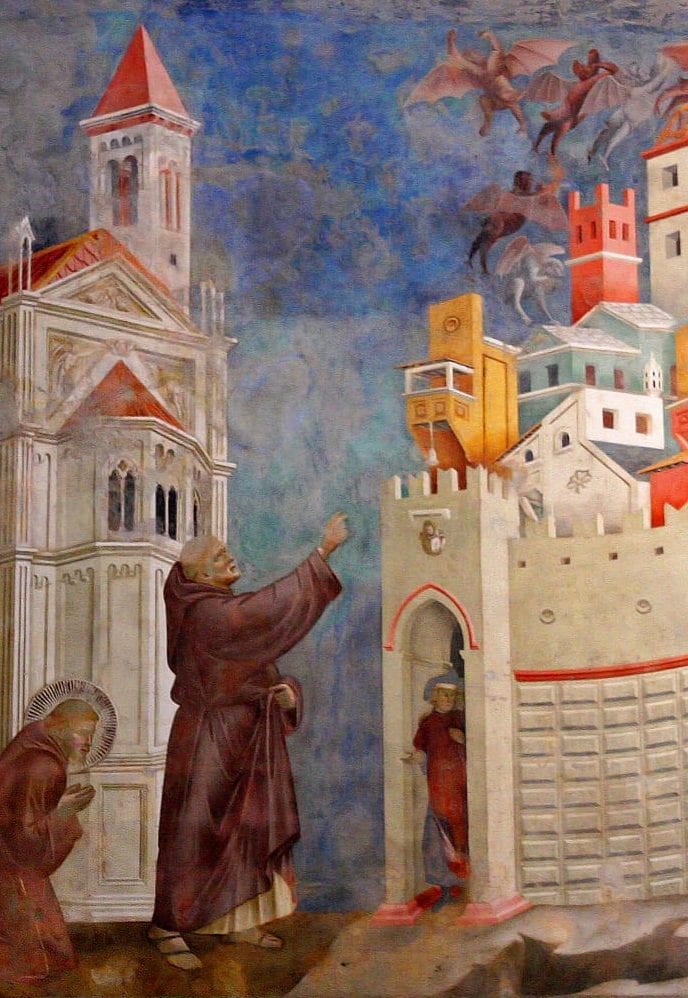
HIS 344 / CLA 344 / MED 344 (HA)
THE CIVILIZATION OF THE HIGH MIDDLE AGES
William C. Jordan (History)
In lectures, to provide my interpretation (and a conspectus of differing interpretations) of the civilization of Western Europe, 11th-14th century; by readings, to introduce students to the variety of surviving sources; through the paper, to give students a taste of doing medieval history.

HIS 207 / EAS 207 / MED 207 (HA)
HISTORY OF EAST ASIA TO 1800
Thomas Conlan (East Asian Studies)
Xin Wen (East Asian Studies)
A general introduction to the history of the political cultures in China and Japan, with some heed to comparisons with developments in Korea.
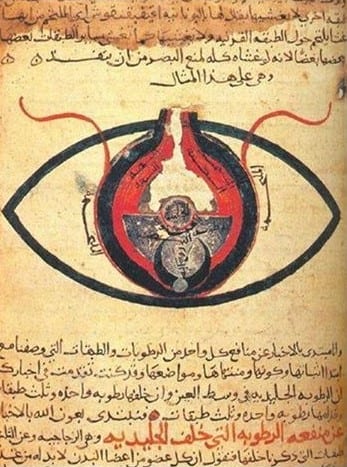
NES 387 / MED 387 / COM 319 (EC)
THE NATURE OF REALITY IN MEDIEVAL ARABIC LITERATURE
Lara Harb (Near Eastern Studies)
This course will look at a variety of canonical texts and genres from the Classical Arabic literary heritage and examine them through the question of “truth” and “representation.”
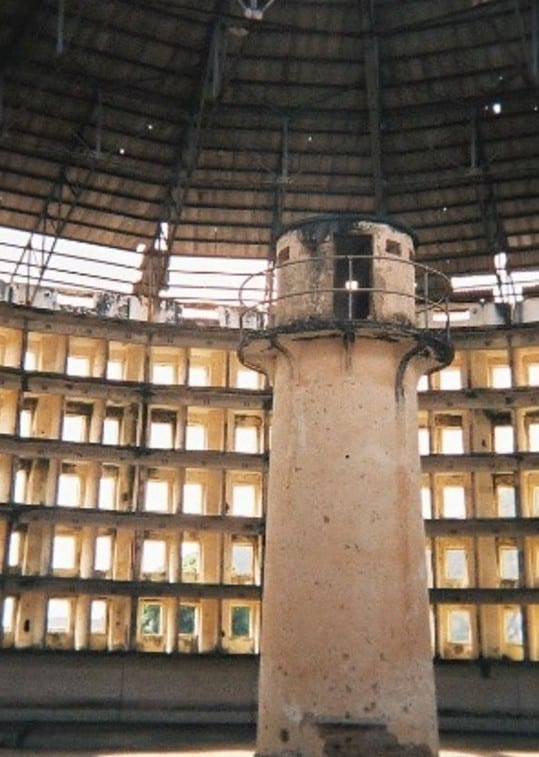
REL 308 / MED 316 (HA)
CHRISTIANS AND INCARCERATION
Matthew Larsen (Religion; Society of Fellows)
Christianity and incarceration have a long and storied history. One way of telling the history of Christianity is through its changing relationship to the carceral practices and geographies.
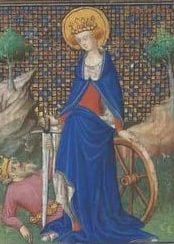
GER 508 / MED 508
MIDDLE HIGH GERMAN LITERATURE: AN INTRODUCTION
Sara S. Poor (German)
Arthurian romance (Parzival, Tristan), epic (Nibelungenlied), lyric poetry (Minnesang), and mysticism (Meister Eckhart, Mechthild von Magdeburg). Additional readings on history and culture also examined.
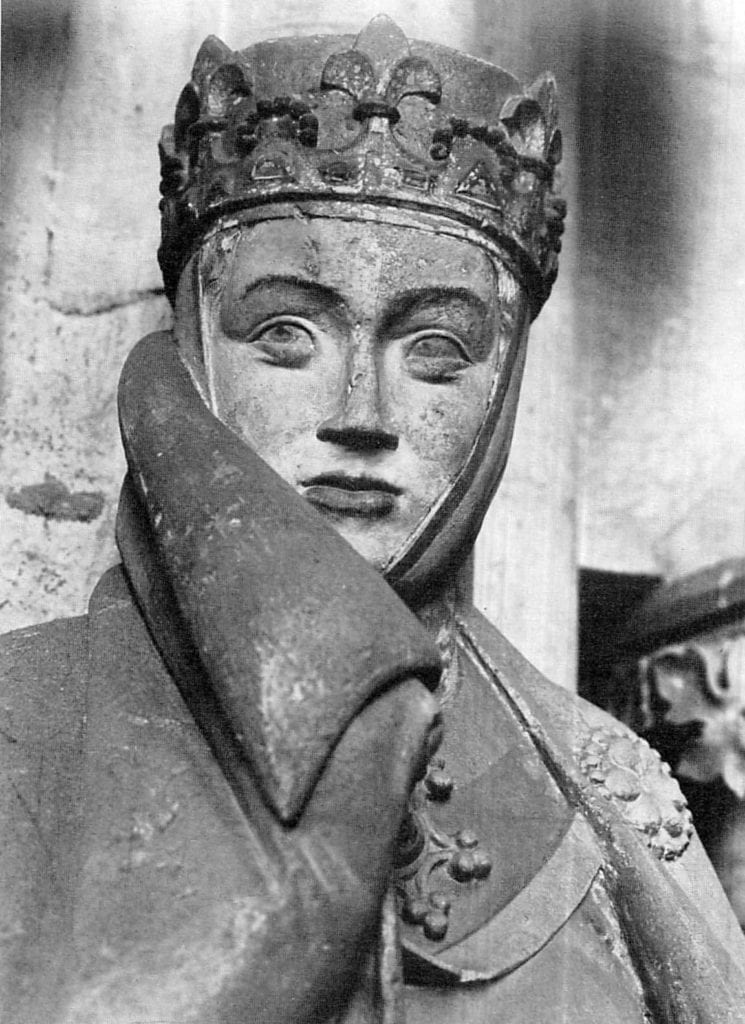
ART 537 / MED 500
SEMINAR IN MEDIEVAL ART: VIEWPOINTS ON MEDIEVAL SCULPTURE
Beatrice Kitzinger (Art and Archaeology)
The seminar engages a suite of new books on medieval sculpture that particularly address the relationship of plastic works to their viewers, and the role of sculpture in spaces shaped both by multiple media and by ephemeral performance.
